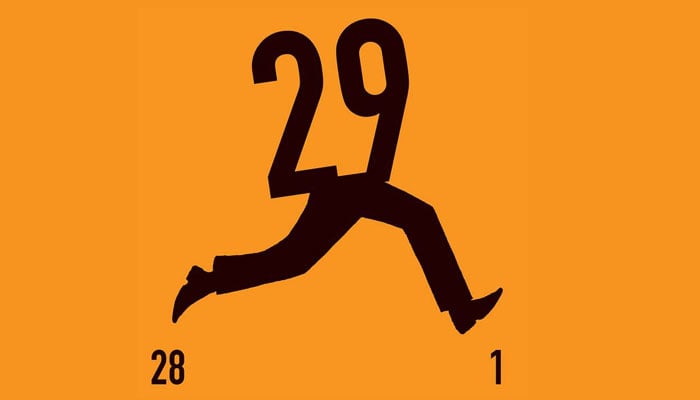What would happen if Leap Day disappears from calendar?
Leap year is an ancient technique for adjusting time to correspond with the changing of seasons
If you've looked at the calendar this year, you must know that February 2024 will be a leap year, with 29 days instead of 28, Clarion Ledger reported.
However, have you ever wondered where Leap Years originate from, and what would happen if they disappeared?
It's an ancient technique for adjusting time to correspond with the changing of the seasons, and it even has a history that includes a well-known incident.
Not all years consist of 365 days. More accurately, it is 365 days and 6 hours. Every four years, one extra day is added to February to essentially keep everything on schedule.
According to Timeanddate, the Republican calendar, an early form of the Roman calendar, had 355 days instead of 12 months. That is around 10 days less than a year.
Thus, every two or three years, a leap month was added to the schedule.
Then, in 45 BC, Julius Caesar issued an order to modify.
"The story is that when he was in Egypt, during his famous affair with Cleopatra, Egypt had a better calendar than Rome. But Egypt refused to do anything about the uneven number of days. He, or his astronomers, realised that by adding a leap day regularly, the calendar would remain in tune with the seasons."
How would life be without leap years?
In 40 years, the seasons would be out of line with the date by 10 days. In about 700 years or so in the Northern Hemisphere, you could have snow in July and celebrate Christmas during the heat of summer.
The dates of hunting seasons and other events tied to the seasons would also need periodic adjustments.
-
Scientists discover rare form of 'magnets' that might surprise you
-
Humans may have 33 senses, not 5: New study challenges long-held science
-
Northern Lights: Calm conditions persist amid low space weather activity
-
SpaceX pivots from Mars plans to prioritize 2027 Moon landing
-
Dutch seismologist hints at 'surprise’ quake in coming days
-
SpaceX cleared for NASA Crew-12 launch after Falcon 9 review
-
Is dark matter real? New theory proposes it could be gravity behaving strangely
-
Shanghai Fusion ‘Artificial Sun’ achieves groundbreaking results with plasma control record












